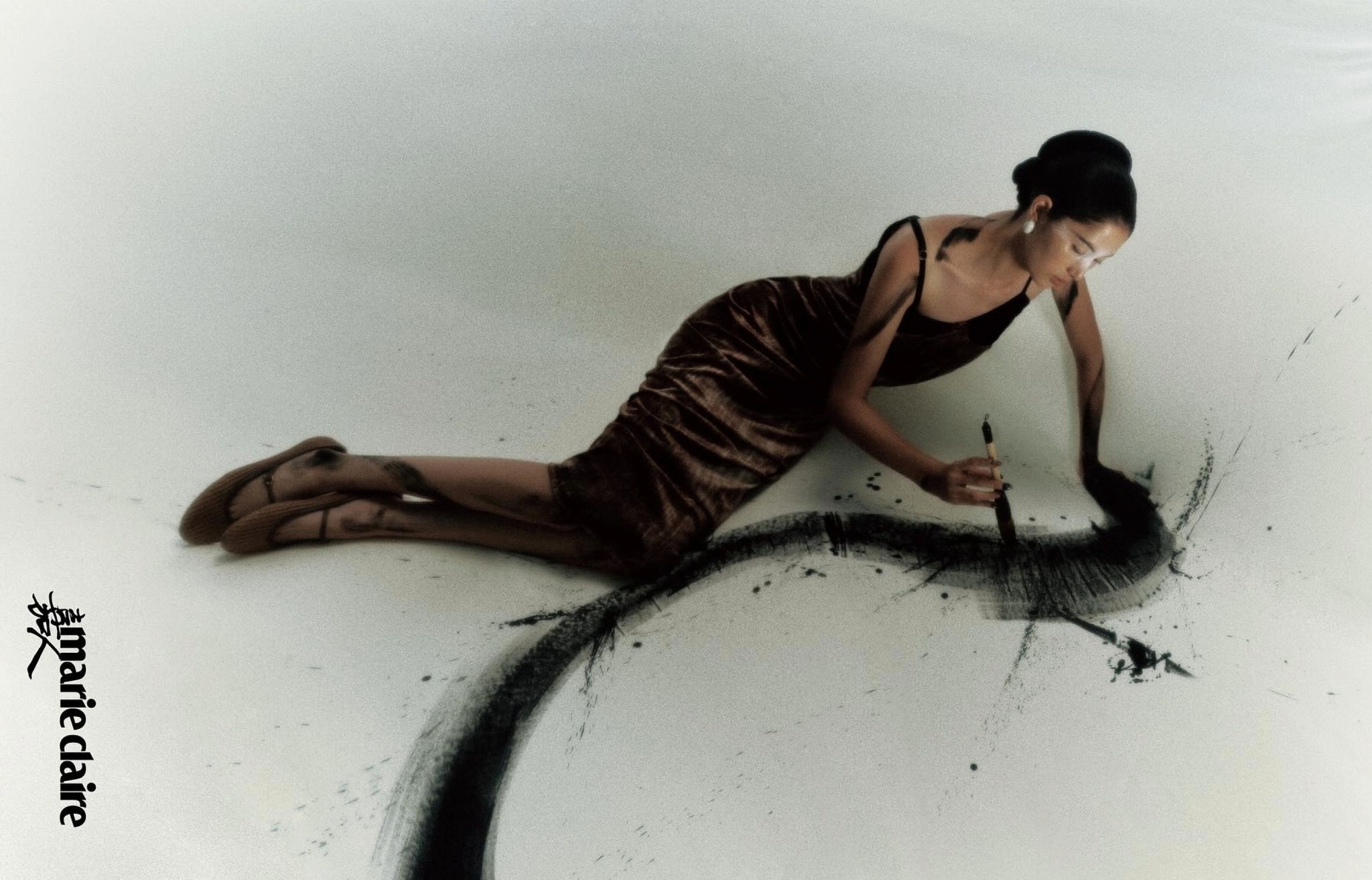For years, major brands in China have moved away from just simply offering discounted pink products (as many used to) and increasingly approached the annual International Women’s Day celebrations with a keen interest in conveying progressive messages that tackle the nuances and complexities of gender issues.
This year’s most successful campaign, however, didn’t belong to any particularly well-recognized brand, and instead came from a surprising partnership between the state-run China Women’s News and domestic cosmetics brand Proya (with a little help from new music label W8VES).
In the powerful 2-minute video at the heart of the campaign, young rapper Yu Zhen challenges gender stereotyping.
“We ask females how to balance family and career. But we never ask men the same question. We ask, ‘what is an independent woman?’ But no one really talks about what an independent men is,” she says in the video. “We say, ‘be a good woman — no need to study that much, no need to fight for a career, doing well is not as good as marrying well, it’s better you prioritize family.’ We say, ‘be a real man — don’t cry, don’t say you like pink, don’t sit around in the house, don’t be like a woman.’”
Related:
 Rap Reality Show Ends in Controversy After Anti-Sexual Harassment Lyrics Allegedly CutTwo major rap reality shows reached their finales this weekend – one going out with a whimper, the other embroiled in controversyArticle Nov 02, 2020
Rap Reality Show Ends in Controversy After Anti-Sexual Harassment Lyrics Allegedly CutTwo major rap reality shows reached their finales this weekend – one going out with a whimper, the other embroiled in controversyArticle Nov 02, 2020
“Why speak based on gender?” Yu asks. “Soft-spoken, understanding, family-oriented, tidy… why are these good qualities only limited to women? Independent, brave, strong, work hard to further your career… are only men capable of achieving these things?”
Yu is a graduate of the Generation Z-focused TV show Rap for Youth that proved a hit last summer on video streaming platform Bilibili. She’s also a member of new hip hop label W8VES, which was launched by Bilibili and 88rising on the back of the show. Last year, Yu dropped a new single on International Women’s Day entitled “She and Her.”
Within a few hours following the release of this year’s video, it had ignited a social media storm on Chinese messaging app WeChat and microblogging platform Weibo.
On WeChat, the video has been shared more than 100,000 times. On Weibo, the hashtag #Gender is Not the Border. Bias is# has received over 120 million views.
“I am not sure since exactly when, but phrases such as ‘female driver’, ‘female doctor’, ‘male nurse’, ‘male make-up artist’ have emerged,” reads one of the most upvoted comments under a post published by on China Women’s News on Weibo. “Even myself, I can’t help saying these kinds of words sometimes. Is gender the borderline? The journey is still long, we have to move forward.”
Related:
 8 Incredible Women to Celebrate this International Women’s DayFrom writers who took on the patriarchy to comedians pushing back against misogynistic treatment – here are 8 outstanding women to knowArticle Mar 08, 2021
8 Incredible Women to Celebrate this International Women’s DayFrom writers who took on the patriarchy to comedians pushing back against misogynistic treatment – here are 8 outstanding women to knowArticle Mar 08, 2021
“There is nothing like what I am supposed to become. I always have the freedom to choose my life,” writes another.
The involvement of a state media outlet with a gender advocacy campaign in China (China Women’s News is the only Chinese mainstream female-centric publication) was somewhat surprising. For some time now, Chinese authorities have seemingly maintained a conservative and often sexist stand on family issues by encouraging heteronormative ideas of “marriage stability” and a higher birth rate in a bid to strengthen old-fashioned family norms.
This also comes not long after China’s Ministry of Education was allegedly looking to increase the masculinity of male students, identifying physical education and mental health support as part of a controversial proposal to combat the apparent rise in “feminine” male celebrities.
Despite this, a growing number of Chinese brands have been creative when it comes to shaping the female narrative, especially given that discussions on gender equality have increasingly come to the fore on screen and Chinese female purchasing power has reached new highs.
Popular domestic lingerie brand Neiwai gained momentum last year after a campaign that sorted to tackle conventional beauty standards.
This year, they repeated the trick. Both led by pioneering photographer Luo Yang, one campaign featured a 14-minute mini documentary that was entitled No Body is Nobody and released on Women’s Day in 2020; in the other, the brand continued to create more conversations around body diversity and female empowerment via its new No Body is Nobody 2.0 video, unveiled for March 8 2021.
Related:
 Interview: Photographer Luo Yang is the Queen of China’s Beautiful YouthThe photographer has made her mark on modern culture by documenting the many faces of China’s youthArticle May 07, 2020
Interview: Photographer Luo Yang is the Queen of China’s Beautiful YouthThe photographer has made her mark on modern culture by documenting the many faces of China’s youthArticle May 07, 2020
Not all brands have got the message though — scandals about insensitive advertisements with sexually inappropriate language or imagery continue to appear. Just last month, China’s internet-famous tea shop Sexy Tea was blasted for calling women a “bargain” and in January PurCotton was accused of “demonizing” victims of sexual assault. Indeed, “the journey is still long.”
Cover image: screenshot from the Women’s News x Proya Women’s Day video on Weibo


















